
Kenya’s former prime minister dies in India at 80
2025-10-15 18:20:20
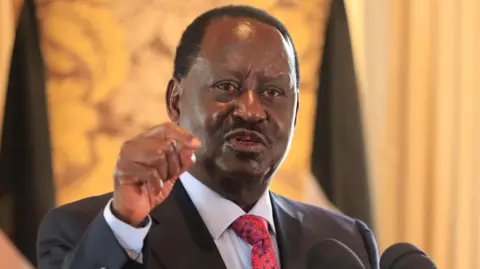 Reuters
ReutersWe mourned former Kenyan Prime Minister Raila Odinga, who died at the age of eighty.
President William Ruto said the veteran politician, who died on Wednesday while receiving medical treatment at a hospital in India, was a “beacon of courage” and “the father of our democracy.”
His body is scheduled to return to his home at night to attend the funeral and burial ceremonies in the coming days.
Odinga spent many years as opposition leader, and lost five presidential campaigns, the last of which was three years ago.
In recent weeks, there has been speculation about his health, although his family members and political allies have denied reports that he is in critical health.
He collapsed while walking in the morning and was rushed to Devamatha Hospital, about 50 kilometers (30 miles) east of the port city of Kochi.
The hospital said he suffered a cardiac arrest and did not respond to resuscitation measures and “was pronounced dead at 09:52” local time (04:22 GMT).
“Raila Amolo Odinga is truly a once-in-a-generation leader. A man whose ideals transcended politics, and whose legacy will shape Kenya’s destiny for generations to come,” Ruto said in a lively address to the nation.
Seven days of mourning were also declared. Ruto said Odinga would be given a state funeral with full military honours.
Other Kenyan politicians and world leaders have sent their condolences, including Indian Prime Minister Narendra Modi, who described Odinga as a “towering statesman and dear friend of India.”
South African President Cyril Ramaphosa said he was “a leader who put the interests of his country and his continent first,” while Zambian President Hakainde Hichilema Odinga described him as “an outstanding defender of democracy” whose legacy will live on. Nigerian Bola Tinubu said he “embodies the spirit of African unity.”
On Wednesday, the Kenyan Parliament held a minute of silence in his honor and scheduled a session for Thursday to honor lawmakers.
The Kenyan President had earlier visited the Odinga family home in the capital, Nairobi, and expressed his condolences to his widow, Ida Odinga, and other family members.
It is known that a delegation headed by Kenyan Foreign Minister Musalia Mudavadi and Odinga’s widow is on its way to India to supervise arrangements for the repatriation of his body.
His body was scheduled to be flown to Mumbai, from where it will be transported to Kenya, and is expected to be transported on Thursday morning, local officials in Kochi said.
The official funeral will be held at Nyayo National Stadium in Nairobi on Friday, and the next day his body will be transported to the city of Kisumu in western Kenya on the shores of Lake Victoria, his political stronghold.
Members of the public will have the opportunity to view the body before he is buried on Sunday at his farm in Bondo, about 60 kilometers west of Kisumu.
According to the family, Odinga’s wish was for him to be buried in the shortest possible time, ideally within 72 hours.
Odinga’s supporters flocked to the streets in mourning, especially in western Kenya and parts of Nairobi.
The disputed 2007 election, which Odinga claimed he was cheated into winning by Mwai Kibaki, led to the biggest crisis in Kenya’s history.
Violence erupted across the country, killing 1,200 people and forcing about 600,000 people to flee their homes.
To resolve the crisis, a power-sharing agreement was reached mediated by former UN Secretary-General Kofi Annan, which led to the formation of a unity government in which Odinga became Prime Minister.
His repeated claims of fraud were proven by Kenya’s highest court after the 2017 elections, when it annulled Uhuru Kenyatta’s victory and ordered new elections. But he boycotted the re-election, demanding electoral reforms.
Odinga later reconciled with Kenyatta, and stunned the nation when the two shook hands in 2018, ending months of tension.
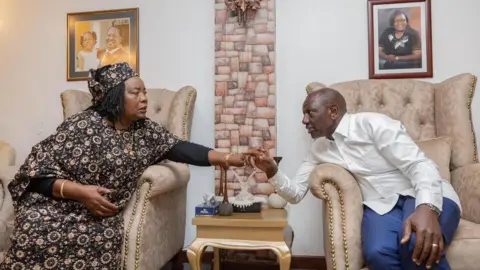 State House Kenya
State House KenyaHe often reconciles with the incumbent president after controversial elections.
After his final defeat in 2022, he later joined President Ruto in the so-called broad-based government, which brought many of his allies into key positions.
He defended this step as necessary for national unity, and it came in the wake of the protests that the country witnessed last year It culminated in the storming of Parliament. Dozens of demonstrators were killed in confrontations with security personnel.
The Ruto administration supported Odinga’s bid to become chair of the African Union Commission in elections held earlier this year. Despite strong regional support, he lost to Mahmoud Ali Youssef of Djibouti.
Odinga has inspired a passionate and loyal following throughout his political career. His supporters called him “Papa” (father), “Agwambo” (God’s command), and “Tinga” (urns) – taken from his party’s symbol during the 1997 elections.
He was widely regarded as a master strategist and mobilizer, often drawing huge crowds to his political rallies, and had a profound ability to connect with ordinary people.
He will be remembered for his unwavering struggle for democratic freedoms and human rights.
He was a former political prisoner and holds the record for being the longest detainee in Kenya. His struggle against the one-party dictatorship led to his arrest twice (from 1982 to 1988 and from 1989 to 1991) during the rule of Daniel arap Moi.
He was initially imprisoned for attempting a coup in 1982, which catapulted him onto the national scene.
For most of his political career, Odinga was seen as a symbol of resistance and political reform, and his death left a void over who could fill his shoes and continue his legacy.
He is the son of Jaramogi Odinga, the first vice president of Kenya, who withdrew from the government after falling out with then-president Jomo Kenyatta, Uhuru Kenyatta’s father.
Additional reporting by BBC Runcliffe Odit and Akisa Wandira in Nairobi
You may also be interested in:
 Getty Images/BBC
Getty Images/BBChttps://ichef.bbci.co.uk/news/1024/branded_news/0a7e/live/f47bf560-a98e-11f0-8cc1-273230b15f0b.jpg










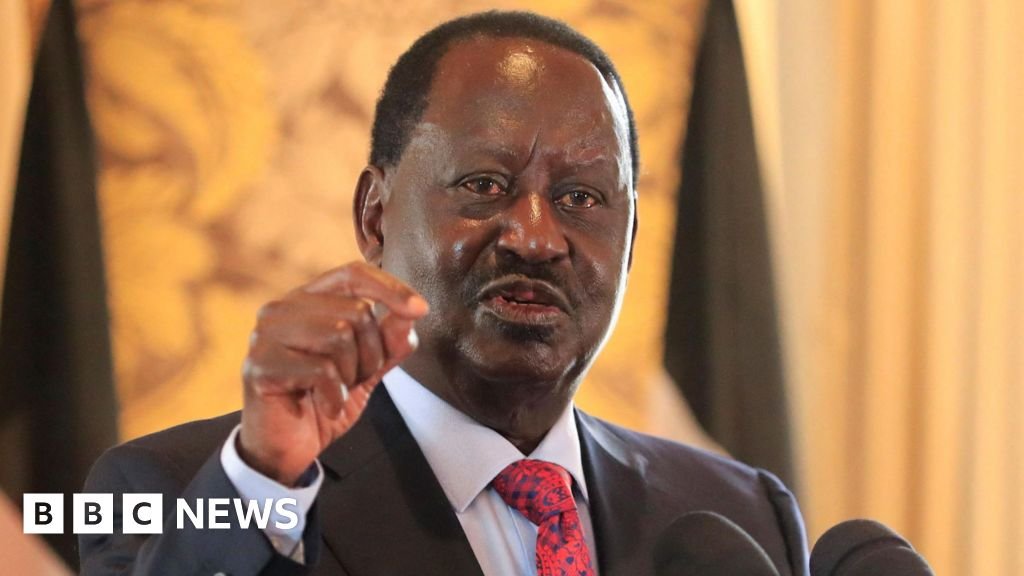

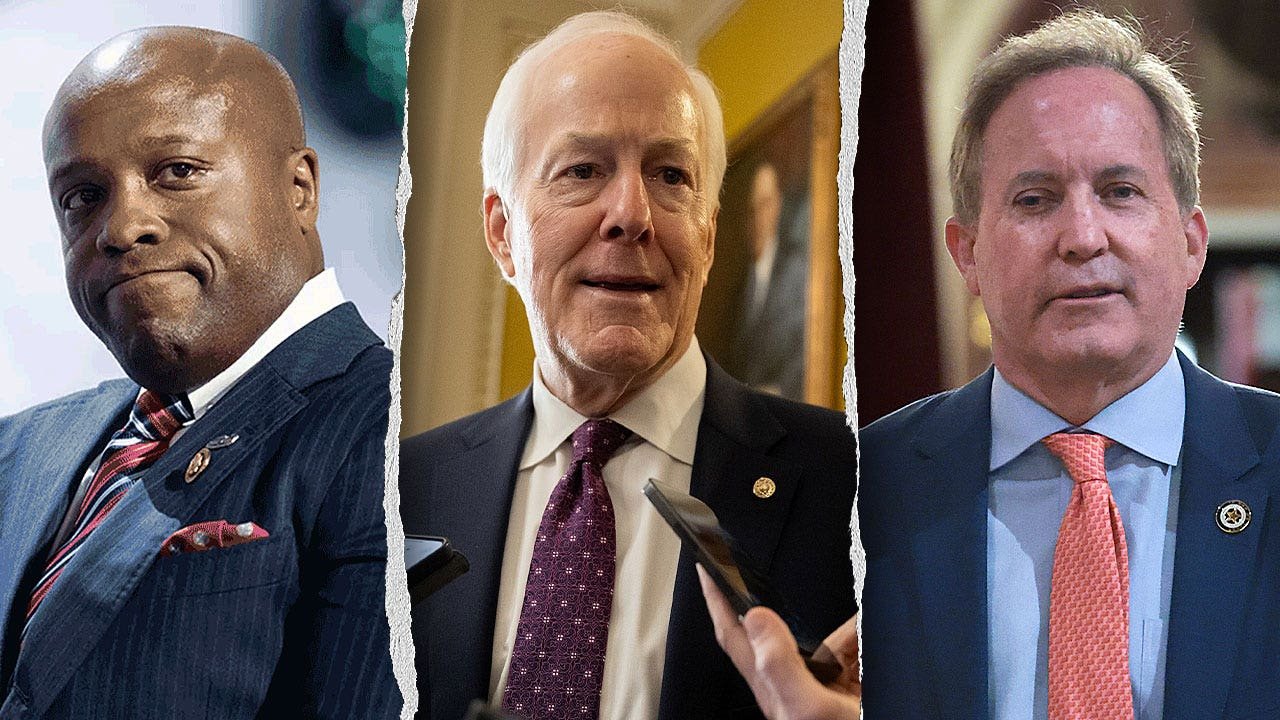
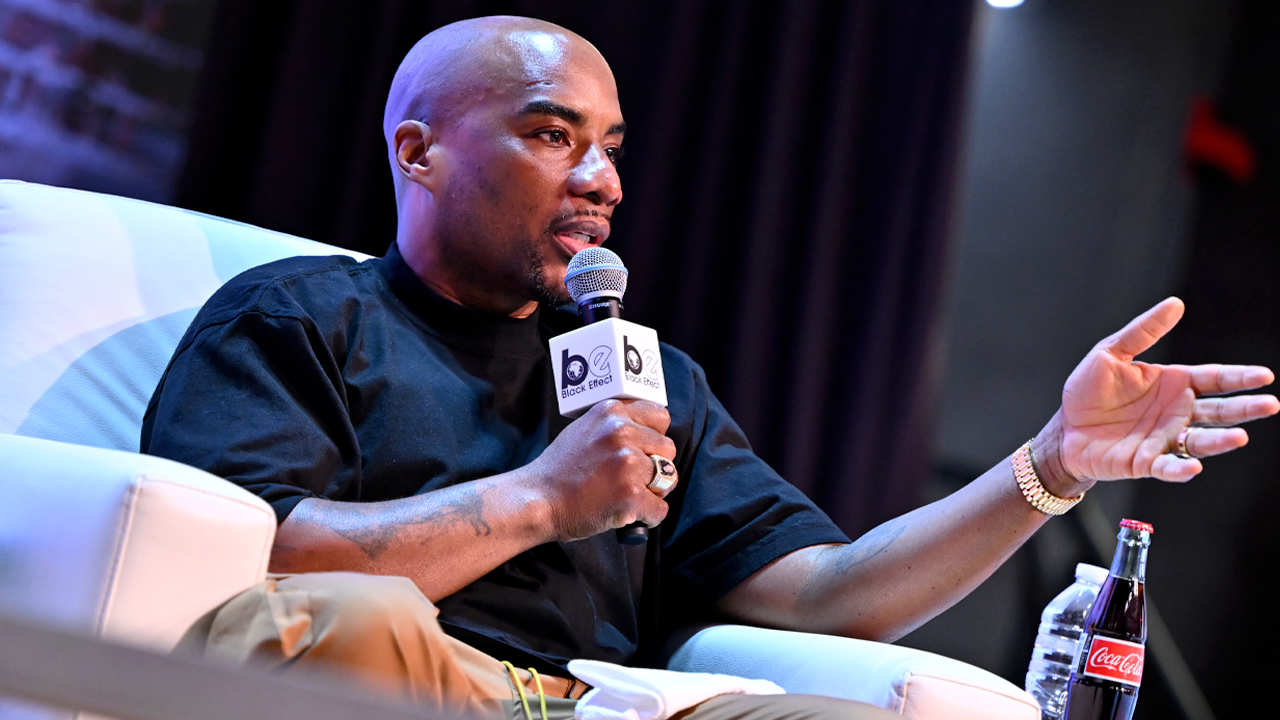
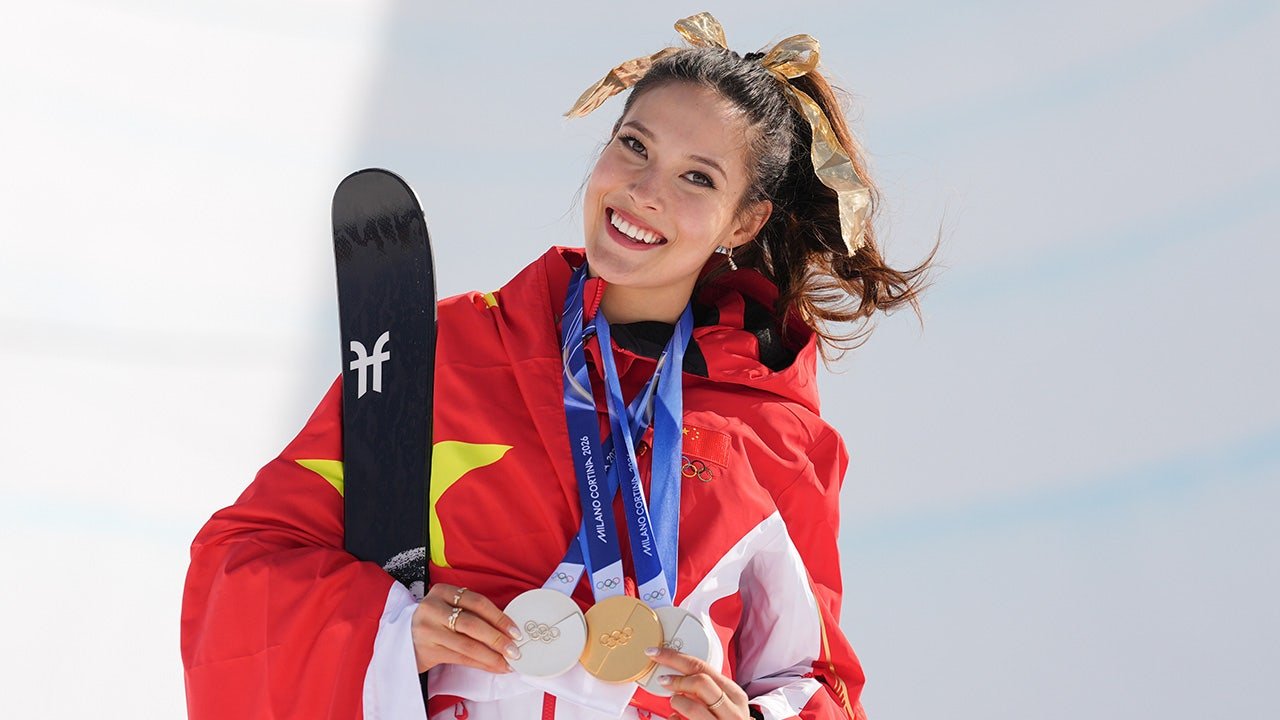
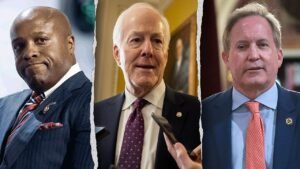
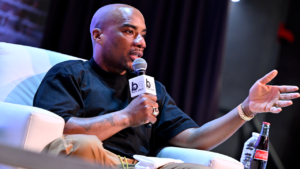

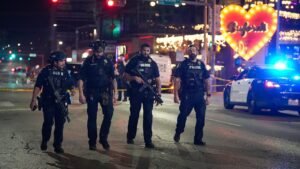
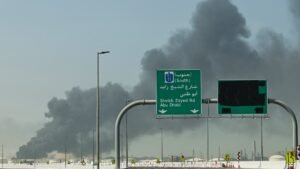
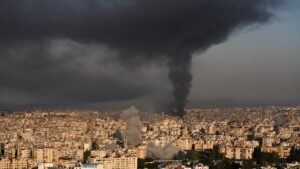
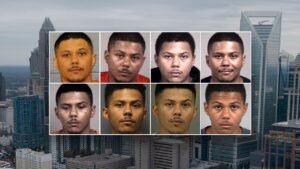
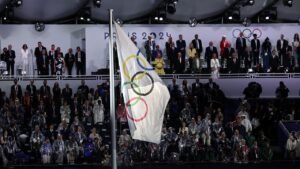
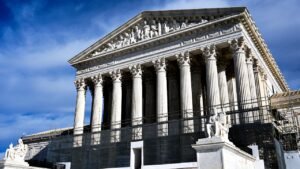
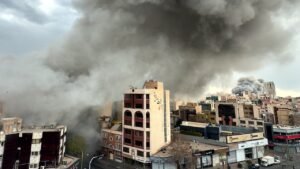
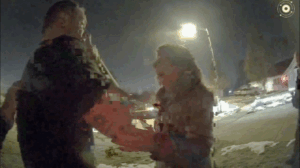
إرسال التعليق